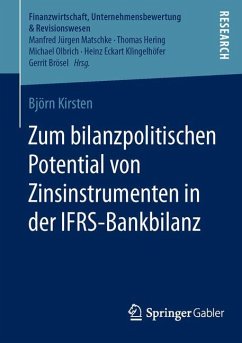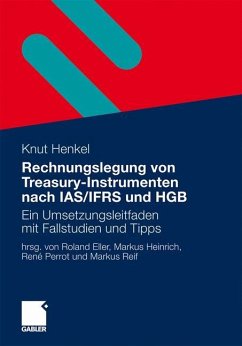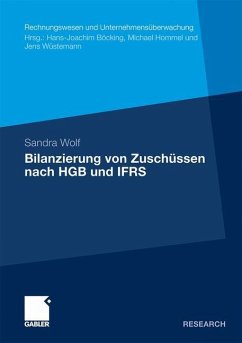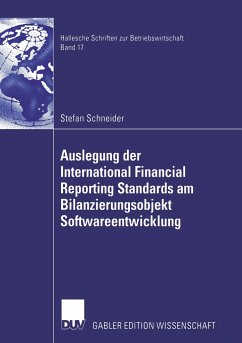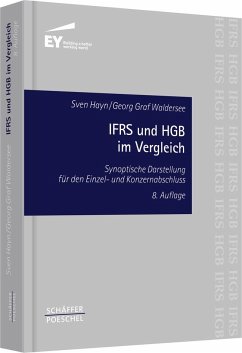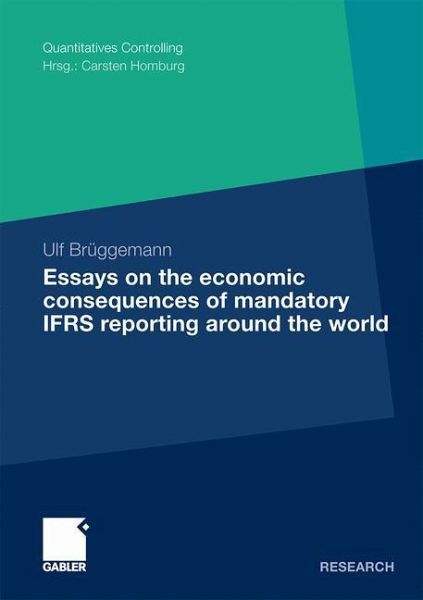
Essays on the Economic Consequences of Mandatory IFRS Reporting around the world

PAYBACK Punkte
0 °P sammeln!
Many listed companies around the world are required to prepare their consolidated accounts according to International Financial Reporting Standards (IFRS) since fiscal year 2005. Ulf Brüggemann discusses and empirically investigates the economic consequences of this mandatory switch to IFRS. He provides evidence that cross-border investments by individual investors increased following the introduction of IFRS. However, he also finds that uneven implementation of IFRS and its impact on contractual outcomes whose features vary substantially across countries are likely to dampen the benefits of ...
Many listed companies around the world are required to prepare their consolidated accounts according to International Financial Reporting Standards (IFRS) since fiscal year 2005. Ulf Brüggemann discusses and empirically investigates the economic consequences of this mandatory switch to IFRS. He provides evidence that cross-border investments by individual investors increased following the introduction of IFRS. However, he also finds that uneven implementation of IFRS and its impact on contractual outcomes whose features vary substantially across countries are likely to dampen the benefits of uniform accounting standards. Taken together, his analysis shows that mandatory IFRS reporting has the potential to produce both intended and unintended consequences.





